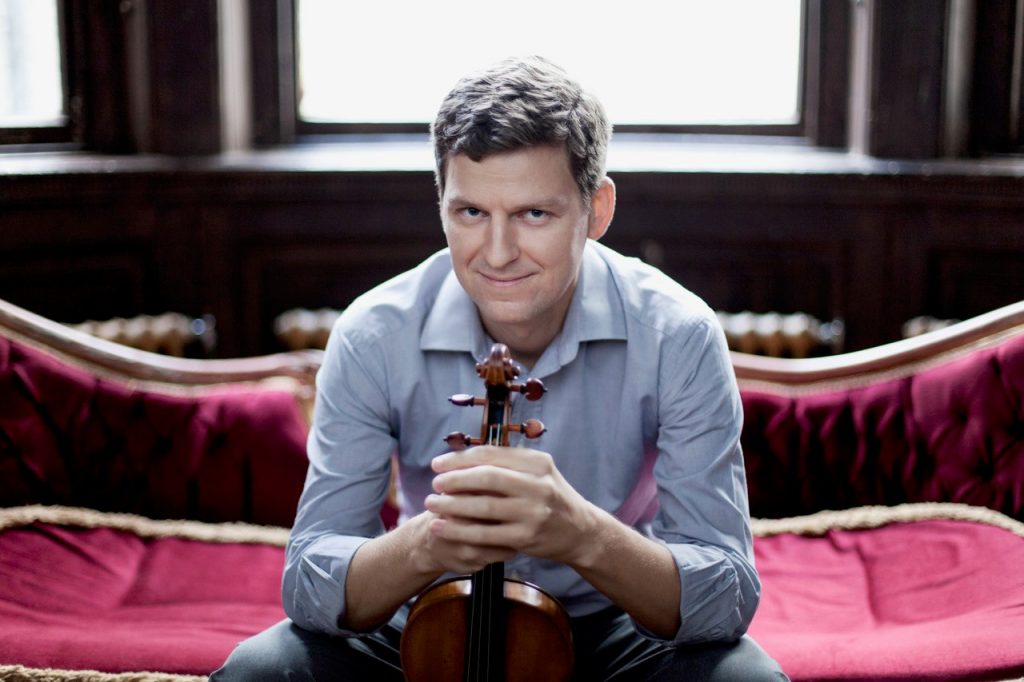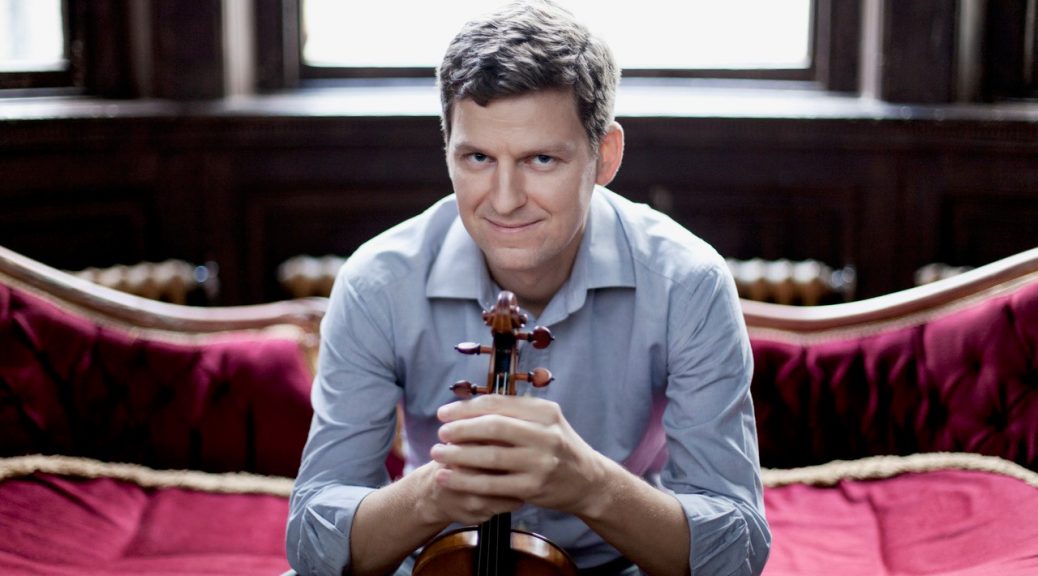
 (3 / 5)
(3 / 5)
A return to Cardiff saw little time for respite. I’ve also made the discovery that more cafes are starting to become more hostile to those with laptops, limiting the time you can have on yours and asking you to move if you are taking up a table for 4 people (fair enough for the latter). As a journalist in need of such spaces, this could easily be a whole article, though it was a bit of a ropey start back to the Welsh capital.
With this in mind, I ventured back to what will hopefully remain the main venue in Cardiff for classical music. BBC NOW making a Sunday afternoon slot with German and French programme of concerto and choral works. Canadian James Ehnes faced Brahms’ Violin Concerto with a strident force and grace. It’s not one of my favourites, though the pain and concentration upon his face when not playing was of note. I find the final movement gives the piece a lot more of worth, the German command the music has is not always exciting nor stimulating. It does little for me, though Ehnes brought out a lot of the majestic qualities the concerto has, again the last part being a final flourish of string playing with panache.
The Chorus got a brief little solo with Olivier Messiaen’s ‘O sacrum convivium’. They shone here, this hushed five minutes one of the composer’s smaller works though still with a big impact. Messiaen’s mind blowing music stands decades and here is a calm, gentle little number in F sharp major. As a full blown Catholic, Messiaen was asked to write this setting from the words of allegedly St Thomas Aquinas and this fine little work premiered in 1938. Playing with chromatic harmonies, the glowing nature of each bar is some of Messiaen’s most accessible work, the rest being long, dense and explosive. Fine stuff, conductor Ludovic Morlot excelling in both orchestra and choral features throughout, generous to both parties.
Now for the crowd pleaser. Fauré’s Requiem remains Classic FM fodder, your nan’s favourite choral work (I did pick some for my own nan’s funeral to be fair) and featuring in the odd film and advert. It’s a type of the French style of music we know and love, but it remains the mawkish nature of most of it. The perfume and prettiness which goes against it did give the chorus some fine moments, Rhian Lois in the sublime Pie Jesu felt more like a mezzo at times, bass-baritone Neal Davies always decent in his mournful declarations here. Organist Gregory Drott getting some marvellous ethereal moments of harmony with the chorus, yet not featured enough. You can love it and you can hate it. It depends on this critics mood, I’d say.

